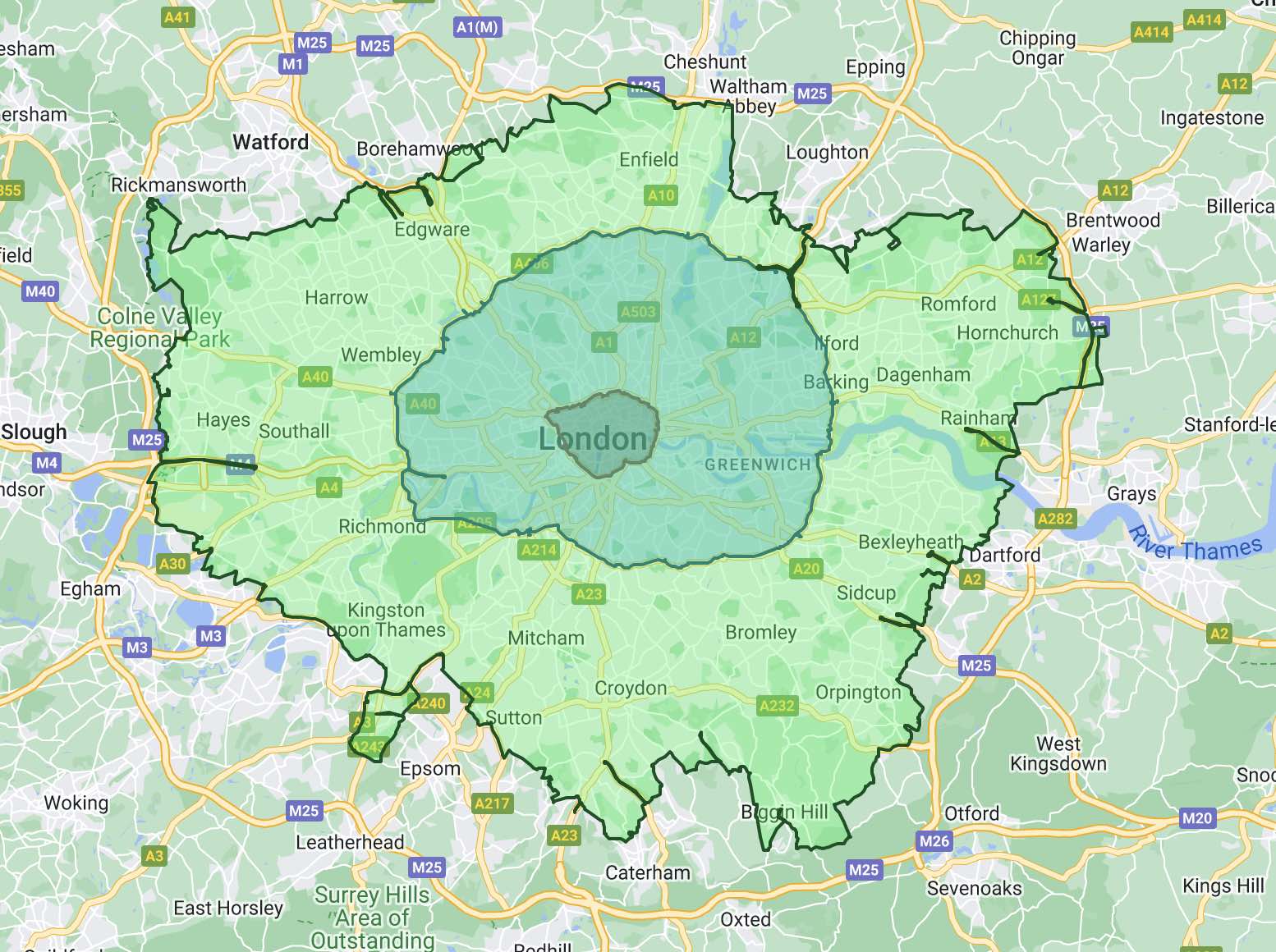With one week to go until the expansion of the London Ultra Low Emissions Zone, new research has found that Low Emissions Zones, Clean Air Zones and Zero Emissions Zones have generated more than £418 million in fees and penalty charges since March 2021.
The study by Peugeot showed that the London Ultra Low Emissions Zone (ULEZ) issued the majority of fees and fines, accounting for £319,822,943 of income generated between October 2021 - when the ULEZ was expanded - and April 2023. By law, all net revenue generated by the ULEZ must be reinvested back into London’s transport network.
Ahead of the expansion of ULEZ to all London boroughs on 29 August, anyone living in one of the 32 London boroughs or the City of London with an eligible vehicle will be able to apply for up to £2,000 for scrapping their car as part of a £110 million scrappage scheme.
The UK currently has 13 Low Emissions Zones, Clean Air Zones or Zero Emissions Zones, including the London Ultra Low Emissions Zone. At the moment, nine zones/areas charge non-compliant vehicles an entry fee, with Penalty Charge Notices issued to drivers who fail to pay the daily charge.
Peugeot’s research, based on Freedom of Information requests, found eight zones have generated £418,501,974 in income from motorists since March 2021** (Bristol City Council withheld data on the Bristol Clean Air Zone as it intends to publish this information before the end of the calendar year).
Most zones have different charging criteria. For example, London’s ULEZ requires all diesel cars and vans to meet the latest Euro 6 emissions standards, and petrol models to meet Euro 4 standards. Private cars entering the Bath Clean Air Zone are currently exempt from a charge, while vans, HGVs and private hire vehicles not meeting the required standards are subject to charges. In Scotland, Low Emissions Zones in Glasgow, Aberdeen, Dundee and Edinburgh place a complete ban on vehicles that do not meet the emissions requirements.

In February 2022, Oxford introduced the UK’s first Zero Emissions Zone, requiring non-zero-emissions vehicles to pay a daily entry fee. Up to 30 April 2023 the scheme has generated £779,306 from motorists.
The Transport Act 2000 requires local authorities in England to re-invest any surplus revenue from Clean Air Zones into the delivery of local transport policies. Birmingham City Council says it has invested over £52 million of net surplus revenues from its Clean Air Zone to fund a hydrogen bus trial, upgrade train stations and improve cycling infrastructure. Meanwhile, surplus revenue from Bristol’s Clean Air Zone is used to provide grants and loans to people and businesses that need to replace vehicles which don't meet the zone's emission standards.












